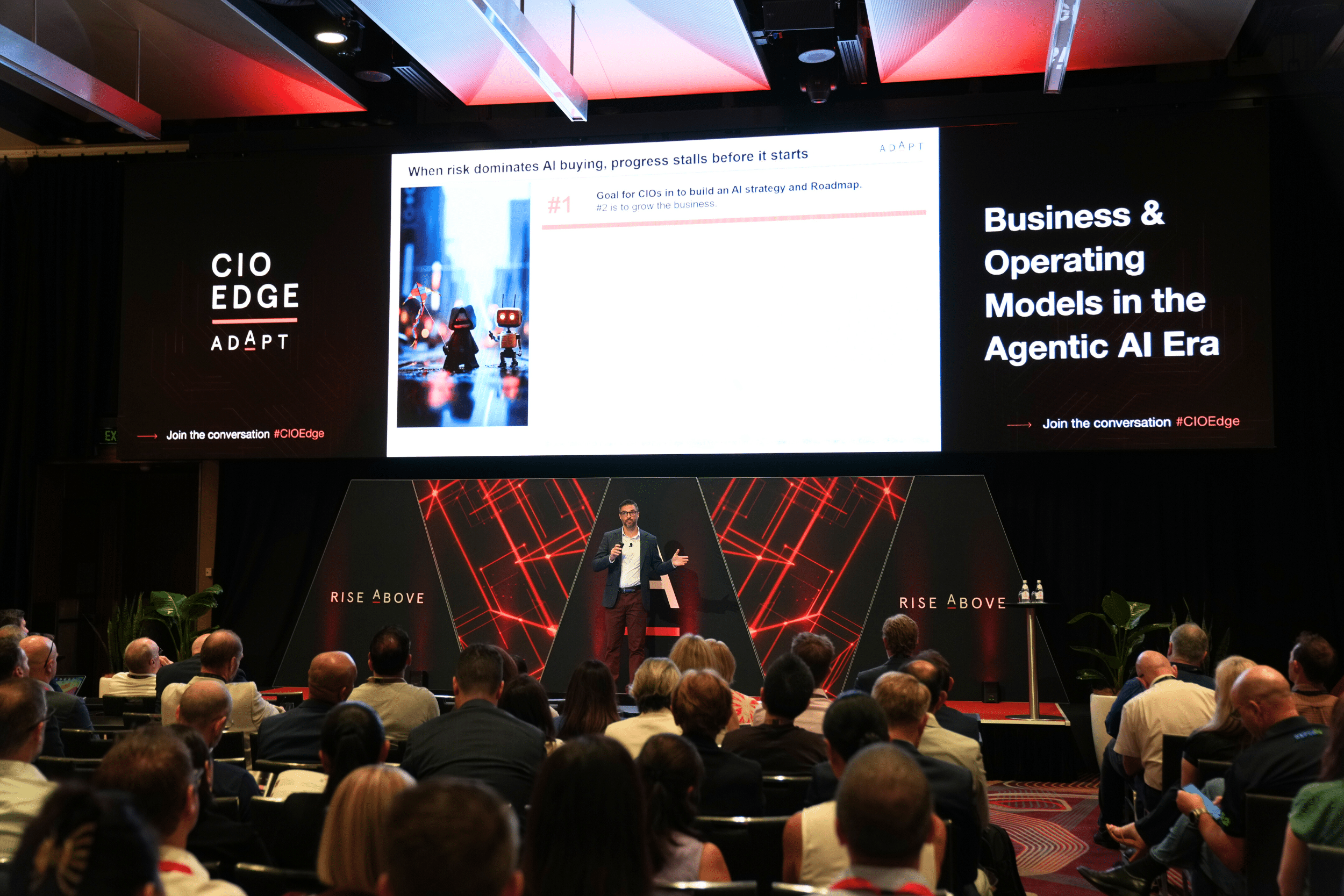ASX’s Vision: Becoming Sustainability Reporting’s Hub
In this community interview, Dan Chesterman, Australian Securities Exchange, Group Executive, Technology & Data, and CIO emphasises the importance of going beyond technology modernisation to considering the impact of digital transformation on customers, supply chain, and partners.In this community interview, Dan Chesterman, Australian Securities Exchange, Group Executive, Technology & Data, and CIO emphasises the importance of going beyond technology modernisation to considering the impact of digital transformation on customers, supply chain, and partners.
ASX works within an ecosystem, collaborating with trading participants, brokers, banks, custodians, and data distributors.
Dan believes that digital transformation brings ecosystem partners closer together and requires organisations to think beyond their own enterprise.
He discusses the growing demand for non-financial data in sustainability reporting and the need for industry standards.
ASX plays a role in distributing listed company disclosures and is interested in becoming a portal for structured sustainability reporting.
However, they are mindful not to burden listed companies and believe that government and regulators should agree on standards.
Education and enablement are key to driving change, particularly for smaller organisations and the younger generation.
Dan reminds the IT executive community to consider their role within their ecosystem, collaborate with partners, and focus on business outcomes and data to drive extraordinary results.
Key Takeaways:
- As part of an ecosystem and as a player within that ecosystem, you can only uncover value by working with customers and partners. Digital transformation brings ecosystem partners closer together.
- Within the sustainability realm, there is an increasing need for non-financial data. This includes information pertaining to greenhouse gas emissions, carbon usage, carbon footprint, and social inclusion. Currently, the industry has not reached a consensus on the definitive standard to be employed. It is essential for investors to consider a diverse range of data, as various standards have been developed in response to market demand for more comprehensive information on an organisation’s long-term sustainability, not solely limited to financial aspects.
- Typically companies report on risk or climate risk as it affects their business. There is a crucial responsibility for government and regulators to establish a standardised framework and oversee its implementation across both listed and unlisted companies. Leader’s role lies in initially educating our listed companies on the significance of effectively managing this type of reporting.





























